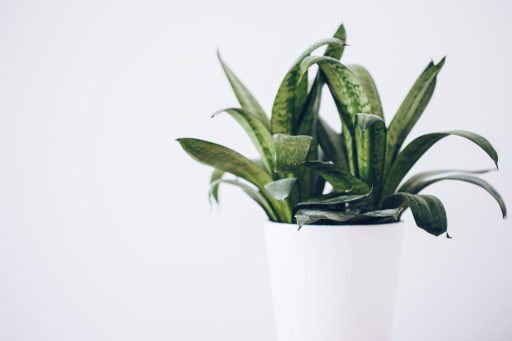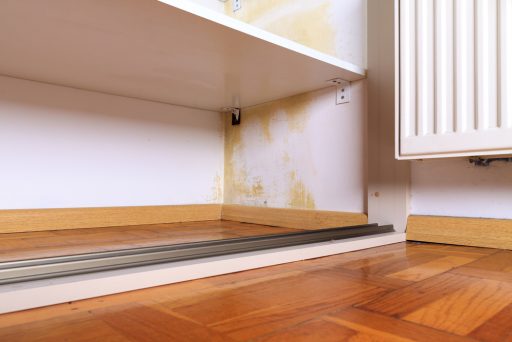Brits are being advised to use houseplants to tackle condensation and mould in their homes this winter.
The experts at GardeningExpress.co.uk have shared seven plants to place in damp and humid rooms in order to put a stop to condensation and mould appearing.
With temperatures dropping, many will find their windows will begin to steam up on the cold mornings.
When the warm, moist air from inside the home comes into contact with the cold from the window it turns back into a liquid and forms condensation.
Too much condensation can lead to dampness and eventually mould growth which can be much harder to get rid of.
Houseplants are a good way to help alleviate the problem naturally and bring moisture levels down in the air.
Among the plants the experts recommend are easy to look after varieties including spider plants and peace lily and tropical favourites including palms and ferns.
Chris Bonnett from GardeningExpress.co.uk said: “Condensation is a common problem throughout the winter months but too much can be a real issue and lead to mould growth.
“In order to prevent condensation you need to bring down the moisture levels in your home and houseplants are a great natural solution to balance the humidity.
“Some houseplants like the peace lily will absorb moisture through its leaves which will then travel through to their roots.
“Not only will this help you balance the moisture levels in your home, but it will also leave you with some really beautiful houseplants to enjoy too.”
Here are suggestions from GardeningExpress.co.uk on the best plants to help fight mould:
English Ivy
English Ivy removes airborne mould and other nasties too. It grows best in bright, indirect light and needs regular watering. Remember to keep it away from pets – its leaves are toxic to them.
Peace Lily
The peace lily loves the shade and thrives in high humidity so the perfect choice for areas prone to mould. It absorbs moisture through the air through its leaves and doesn’t need direct sunlight to thrive. This plant has beautiful white flowers but can be toxic to pets so keep it out of their way.
Palms
Palms are a great choice to help control humidity and keep mould at bay, absorbing moisture through their leaves. Varieties to look out for include Areca palms, bamboo palms, the lady palm, dwarf date palm and reed palm.
Boston Fern
The Boston Fern thrives in moist climates and will naturally absorb the air moisture and balance out humidity levels in your home. All it needs to survive in indirect sunlight and regular watering.
Snake Plant
Also known as the mother-in-law’s tongue, this hardy and adaptable plant is another mould loving variety. It grows best in bright light but will also grow just fine in low light. They love warm temperatures and require occasional watering.
Orchids
Not only do they look beautiful, orchids also help reduce humidity in the home. They get all their nutrients and moisture from the air around them.
Spider plant
This is a popular indoor plant which is great at removing harmful pollutants in the home. It’s easy to look after too and will need watering around once or twice a week.







